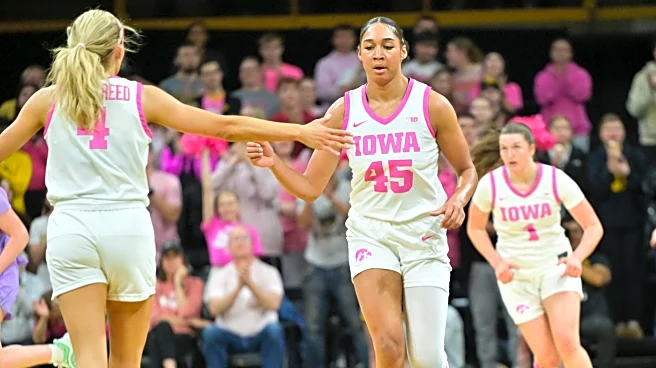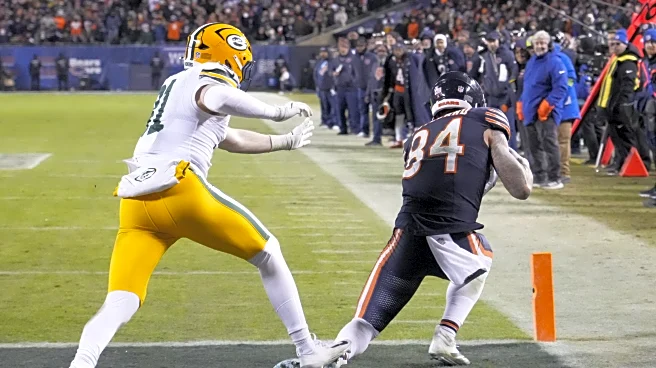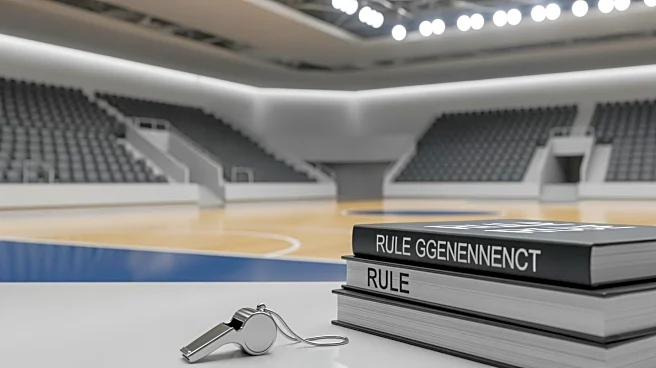Rapid Read • 7 min read
The Minnesota Timberwolves have showcased several impressive passers throughout their franchise history, with players like Ricky Rubio, Stephon Marbury, and Pooh Richardson standing out as key figures in leading the team's offense. The Timberwolves have highlighted the top five seasons in their history based on assists per game. Ricky Rubio's 2016-17 season tops the list with an average of 9.1 assists per game, placing him fifth in the league that year. Pooh Richardson follows with his 1990-91 season, averaging 9.0 assists per game, ranking seventh in the league. Terrell Brandon's 1999-2000 season saw him average 8.9 assists per game, while Micheal Williams in 1992-93 and Rubio again in 2015-16 both averaged 8.7 assists per game.
AD
Highlighting these top assist seasons underscores the Timberwolves' historical emphasis on strong playmaking and ball distribution, which are crucial for team success in the NBA. Players like Ricky Rubio and Pooh Richardson have contributed significantly to the team's offensive strategies, helping to elevate the Timberwolves' competitive edge during their respective seasons. This focus on assists reflects the team's commitment to fostering skilled passers who can effectively orchestrate the offense, a vital component in achieving victories and maintaining fan engagement.
The Timberwolves may continue to build on this legacy by developing current and future players who can excel in playmaking roles. As the team looks to improve its standings in the league, nurturing talent that can contribute high assist numbers will be essential. This could involve strategic acquisitions or training programs aimed at enhancing players' passing skills and overall court vision.
The emphasis on assists also highlights the evolving nature of basketball, where teamwork and strategic passing are increasingly valued over individual scoring. This shift reflects broader changes in the sport, where collaboration and tactical play are becoming more prominent in achieving success.
AD
More Stories You Might Enjoy











